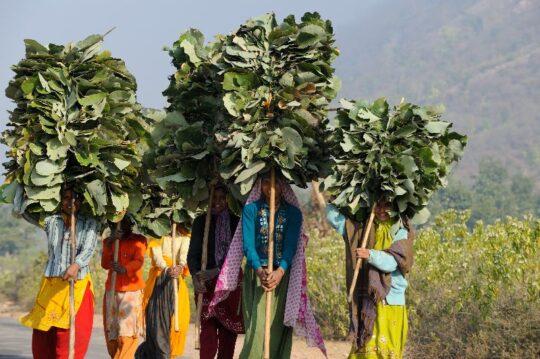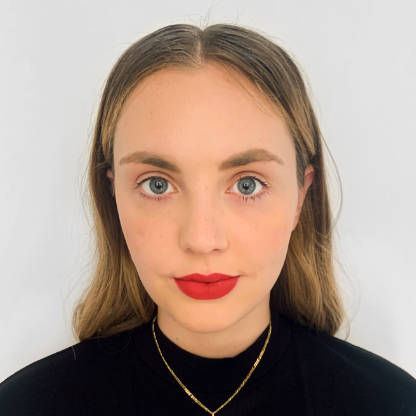Louise Donovan is an award-winning journalist, focusing on investigations and global reporting. She covers human rights, labor exploitation and international supply chains, often at the intersection of climate change or health.
Prior to this, she worked closely with the editorial team of Kenya’s largest newspaper, The Nation, teaming up with Kenyan journalists to cross-publish stories in both African and international outlets.
Her work has been published in The New York Times, The Guardian, TIME, The Associated Press, CNN, Foreign Policy and Vice World News, among others.
Louise’s groundbreaking stories have taken her across the globe, from Africa to the Middle East and Latin America. Several have led to systemic changes in garment factories and helped rescue migrant workers in exploitative conditions.
She won a One World Media award for her reporting on sexual violence in India, while her work examining the deadly consequences of curbing reproductive rights in Kenya was shortlisted for the Anthony Shahid Award for Journalism Ethics. In 2021, she won the ILO’s Labor Migration award for reporting on domestic workers in the Gulf using TikTok, published with The New York Times.
Previously the Deputy Digital Editor of ELLE UK, Louise edited the multiple award-winning Warrior series published in partnership with The Fuller Project.

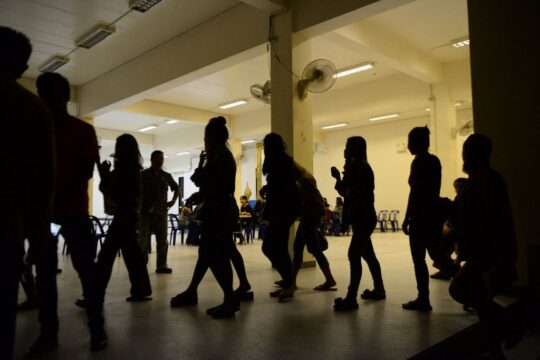
AI is transforming the fight against trafficking. Some advocates are raising the alarm
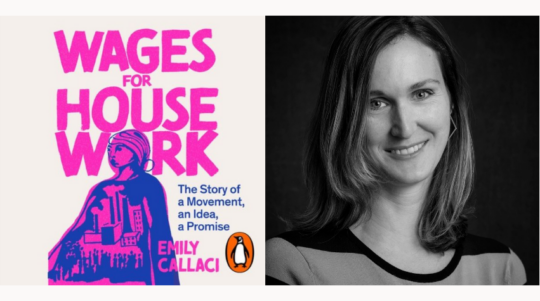
“Wages for Housework” — new book traces history of women’s fight against working for free
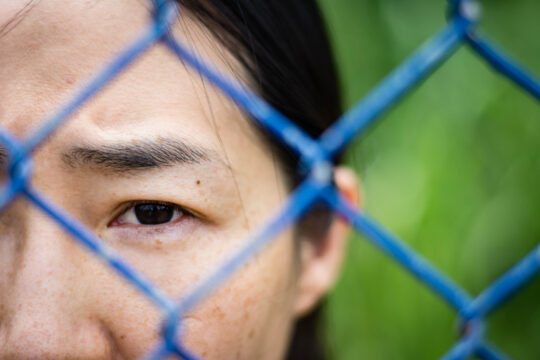
‘Tip of the iceberg’ – New U.N. data shows spike in exploitation of girls worldwide
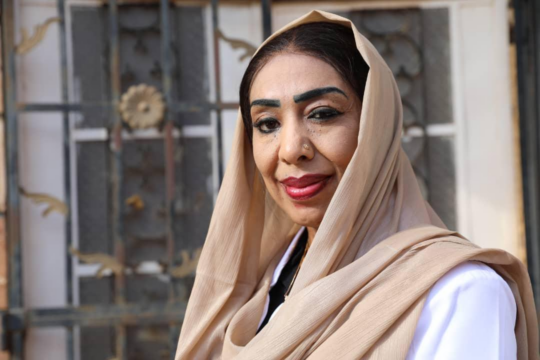
“It’s heartbreaking” – Sudan’s Worsening Maternal Health Crisis

“This is our fight” – Kenyan healthcare providers brace for Trump presidency
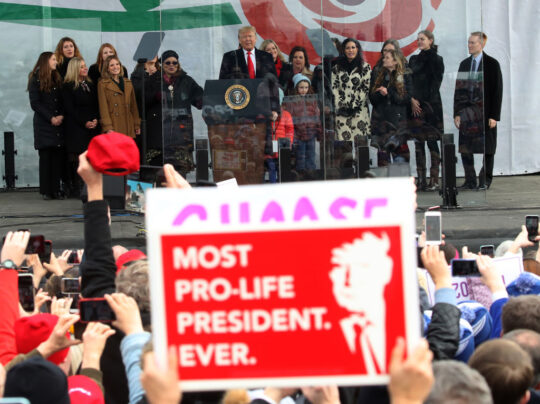
Under Trump, The U.S. Would Again Cut Aid To The U.N. Population Fund. This Time, It’s Not Clear Who’ll Fill The Gap.
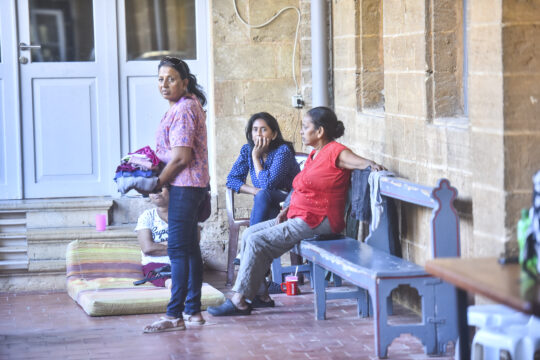
‘Nowhere Is Safe’ – The Migrant Domestic Workers Abandoned In Lebanon
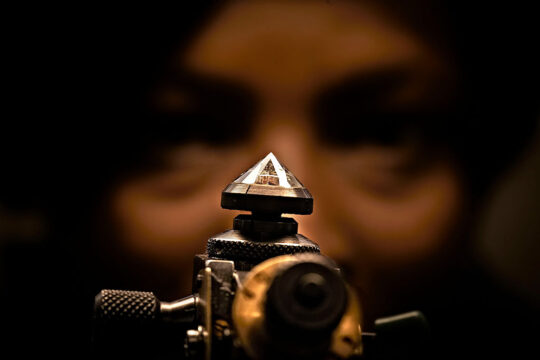
“They don’t care about our lives” – what working in Botswana’s diamond polishing industry means for women
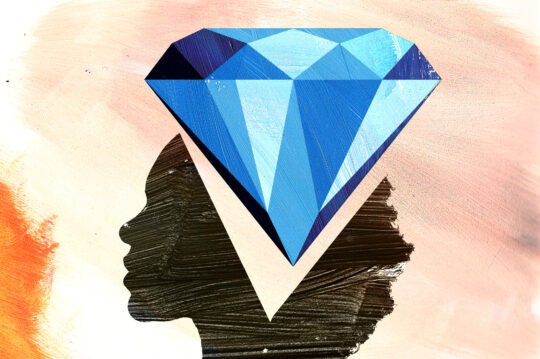
Diamonds Brought Prosperity to Botswana. Women Workers Are Paying A Heavy Price.

Retail workers’ landmark U.K. win brings hope for future equal pay cases
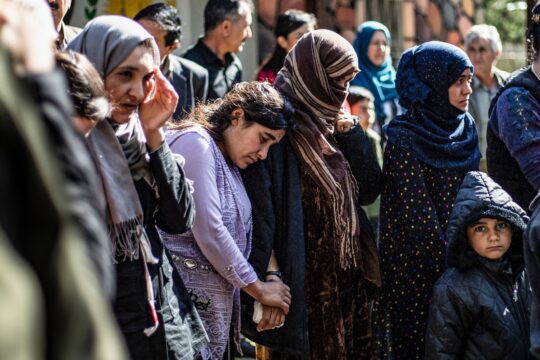
“We’re tired” – Ten years on, Yazidi women survivors still wait for justice
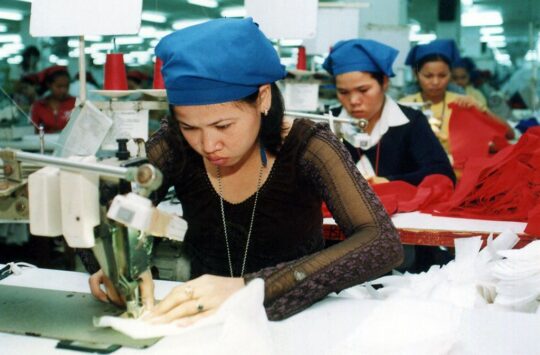
Reporter’s Notebook: How heat impacts fashion’s global workers
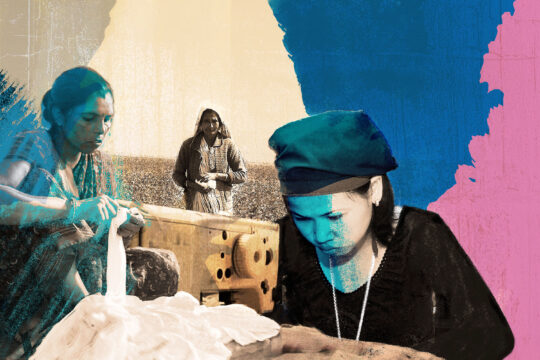
Fast fashion is one of the world’s most polluting industries. Its global workforce is paying the price.
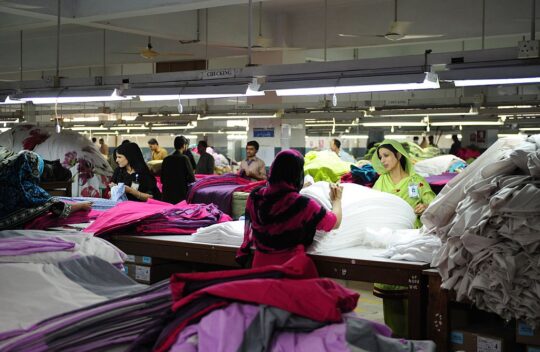
New Hope for Pakistan’s Mistreated Workers
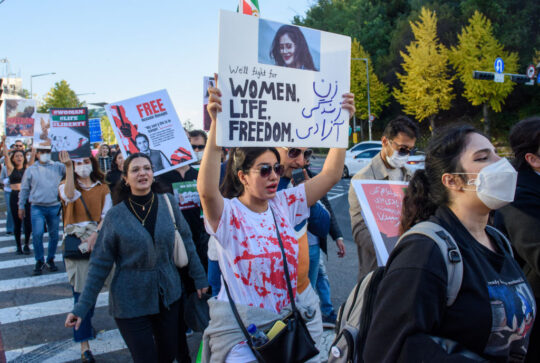
From South Korea’s feminists to the secret beauty salons of Afghanistan, read women’s inspiring stories from around the world

‘A wake-up call’: After alleged metaverse rape, calls to protect women and girls grow
